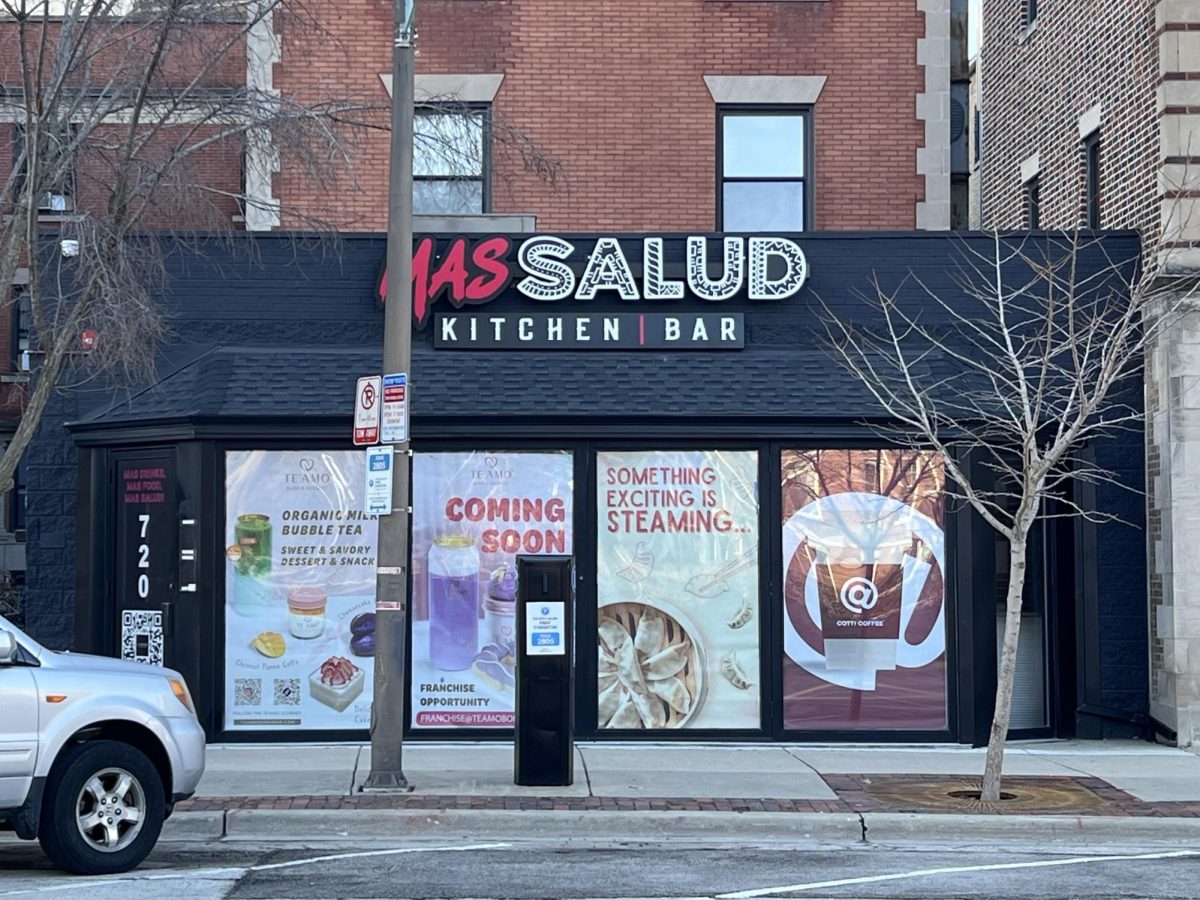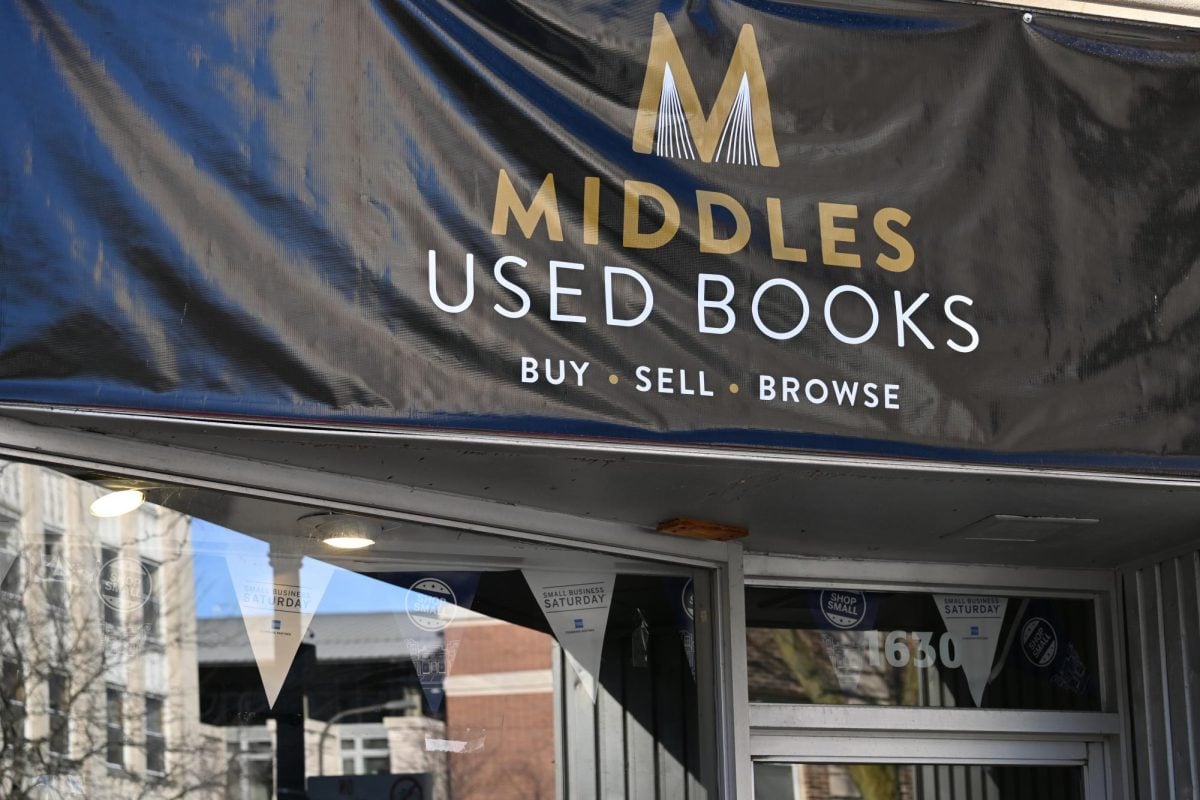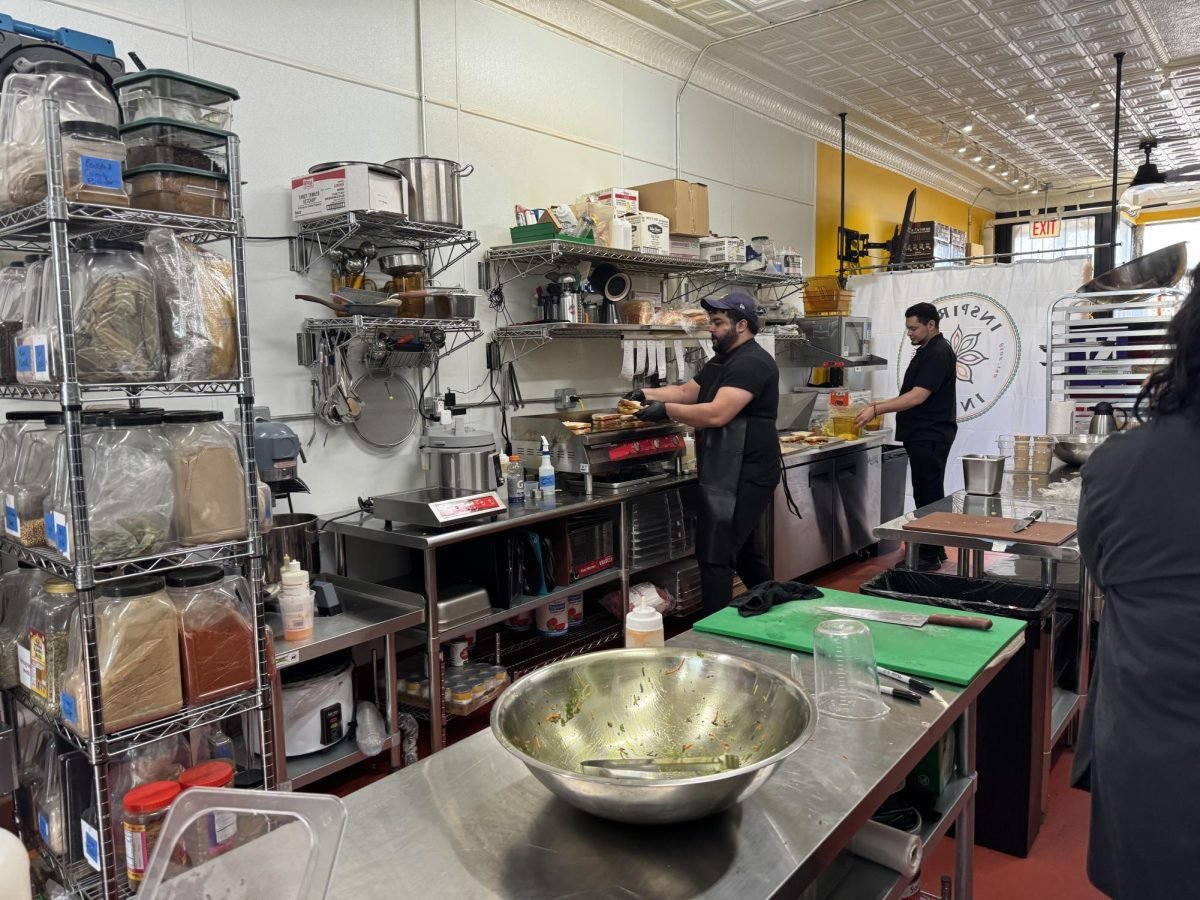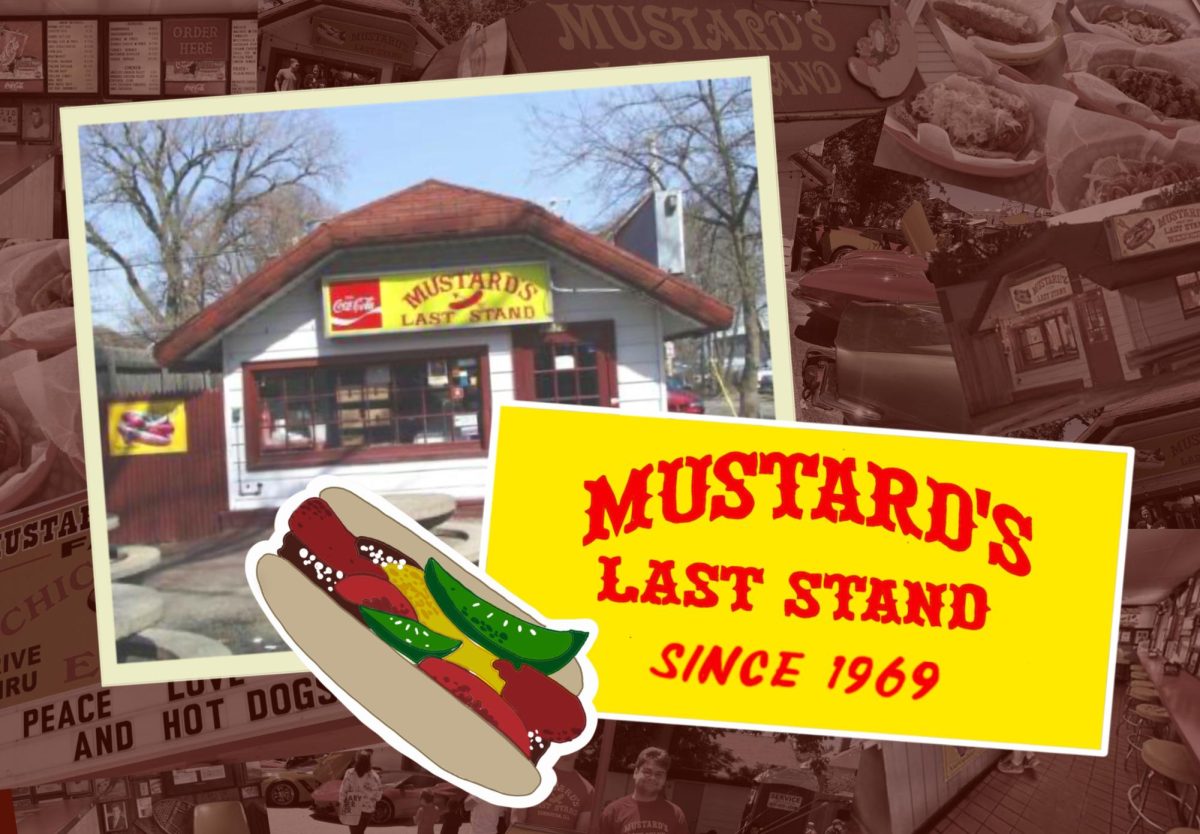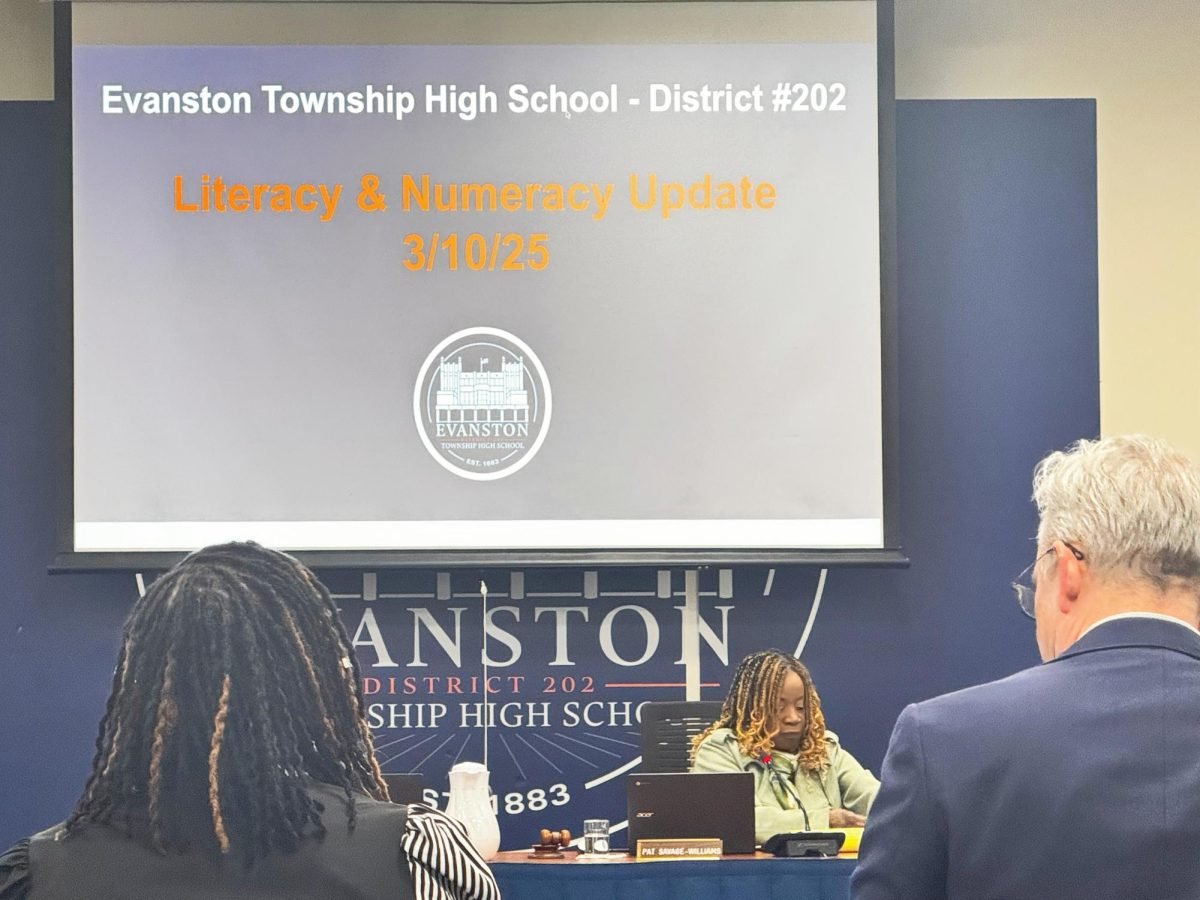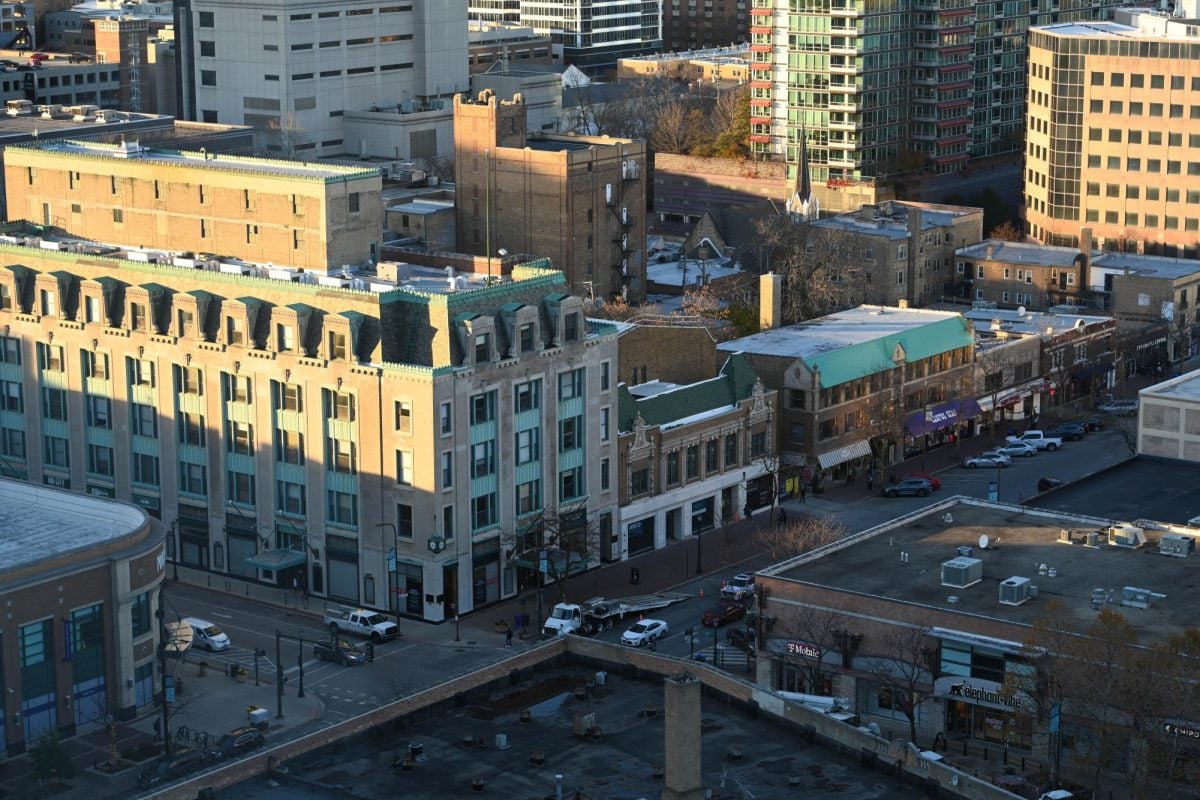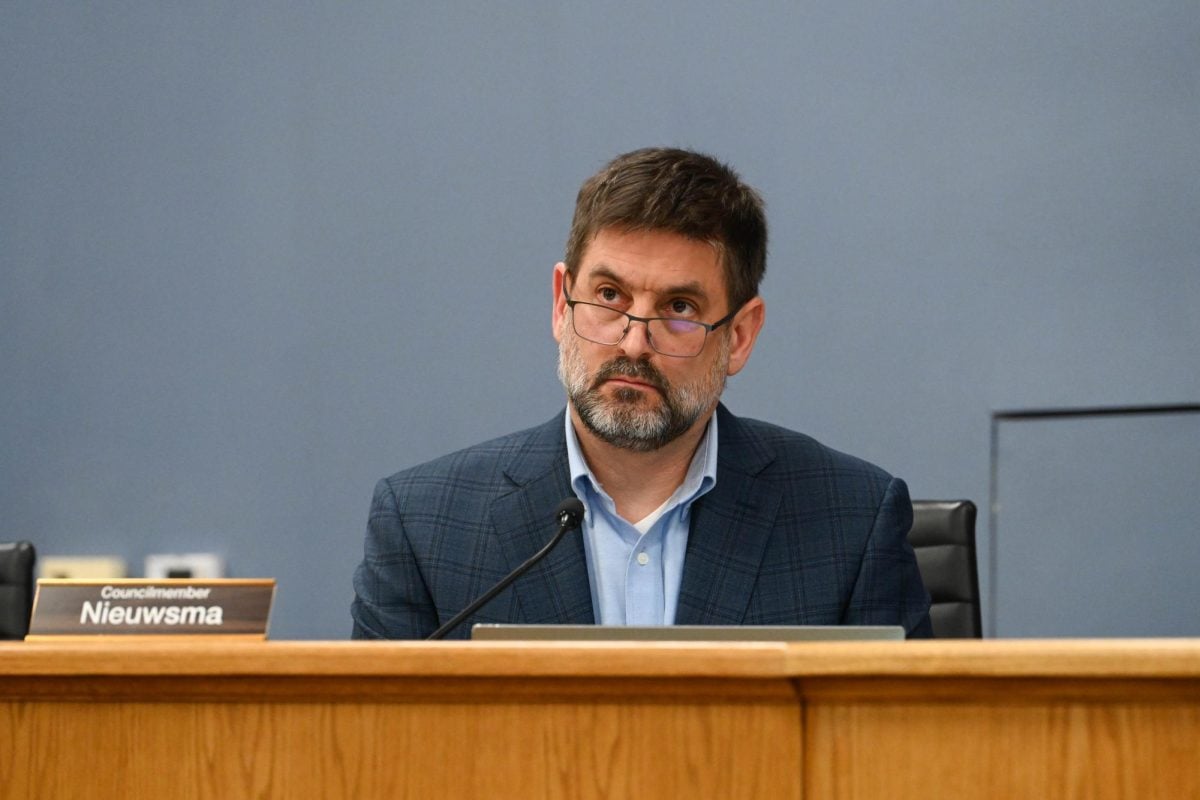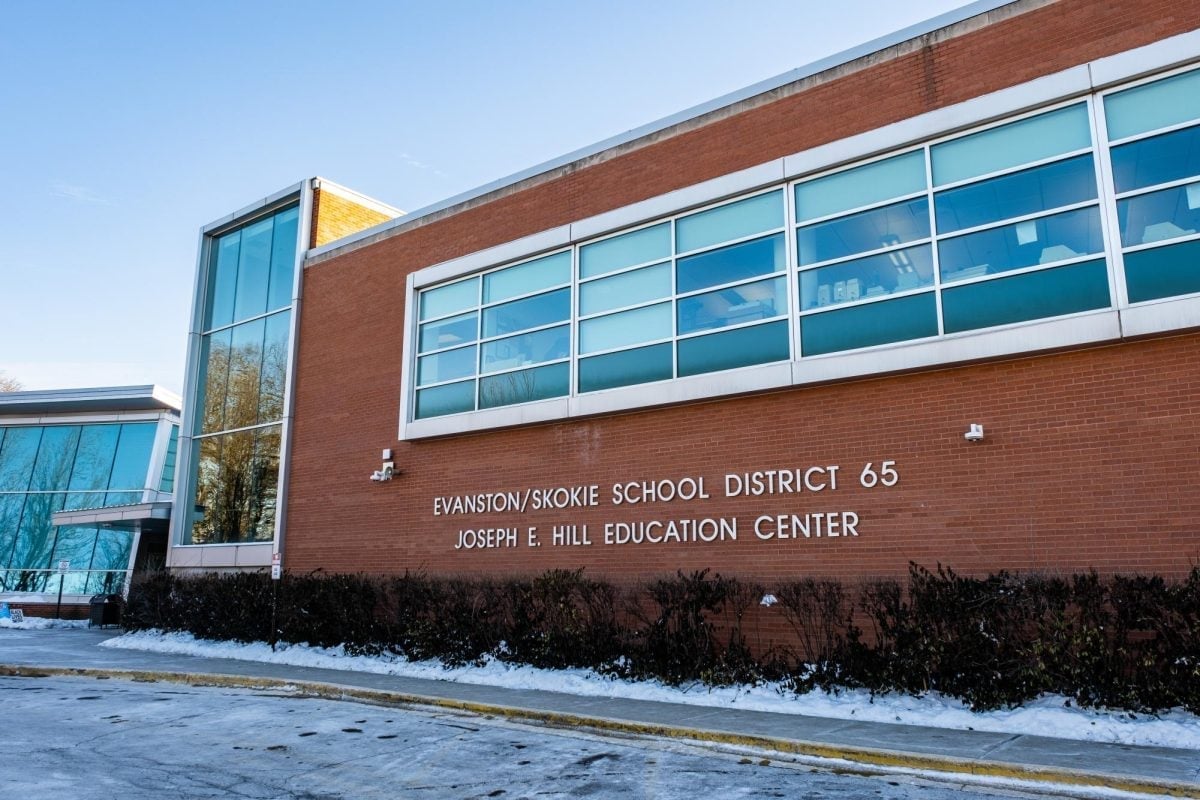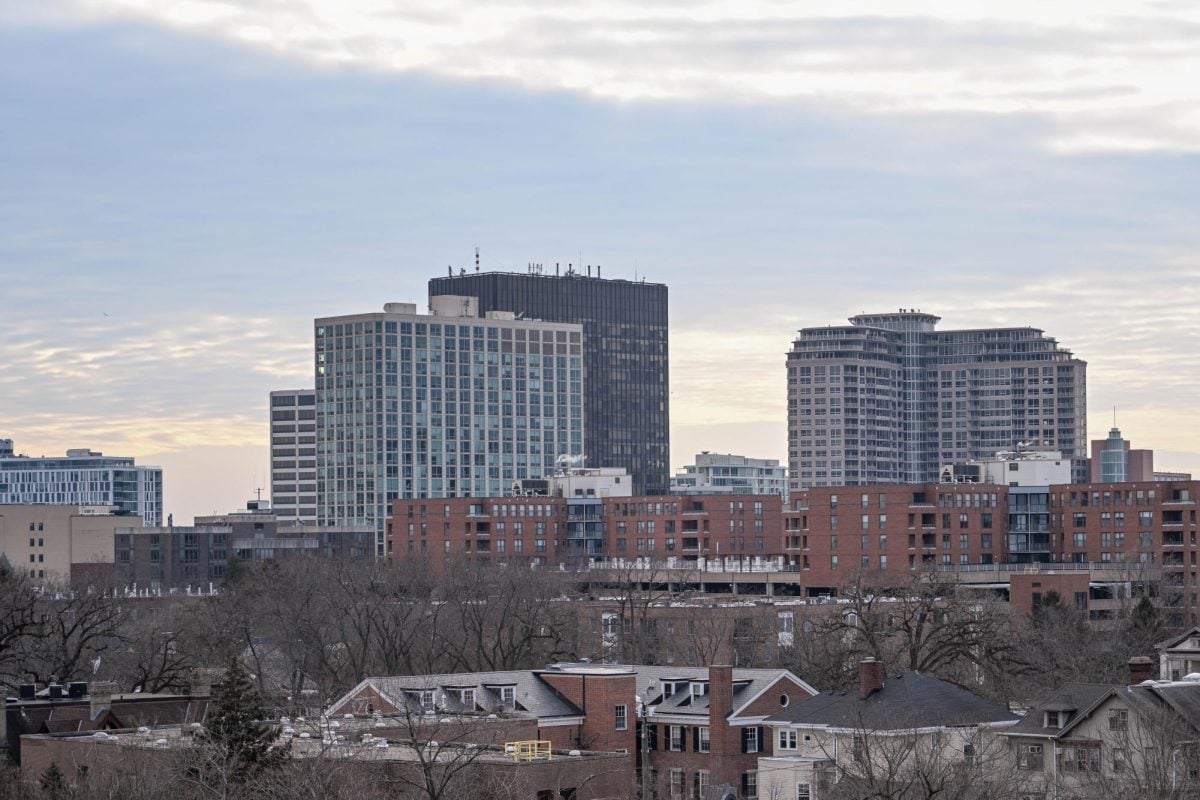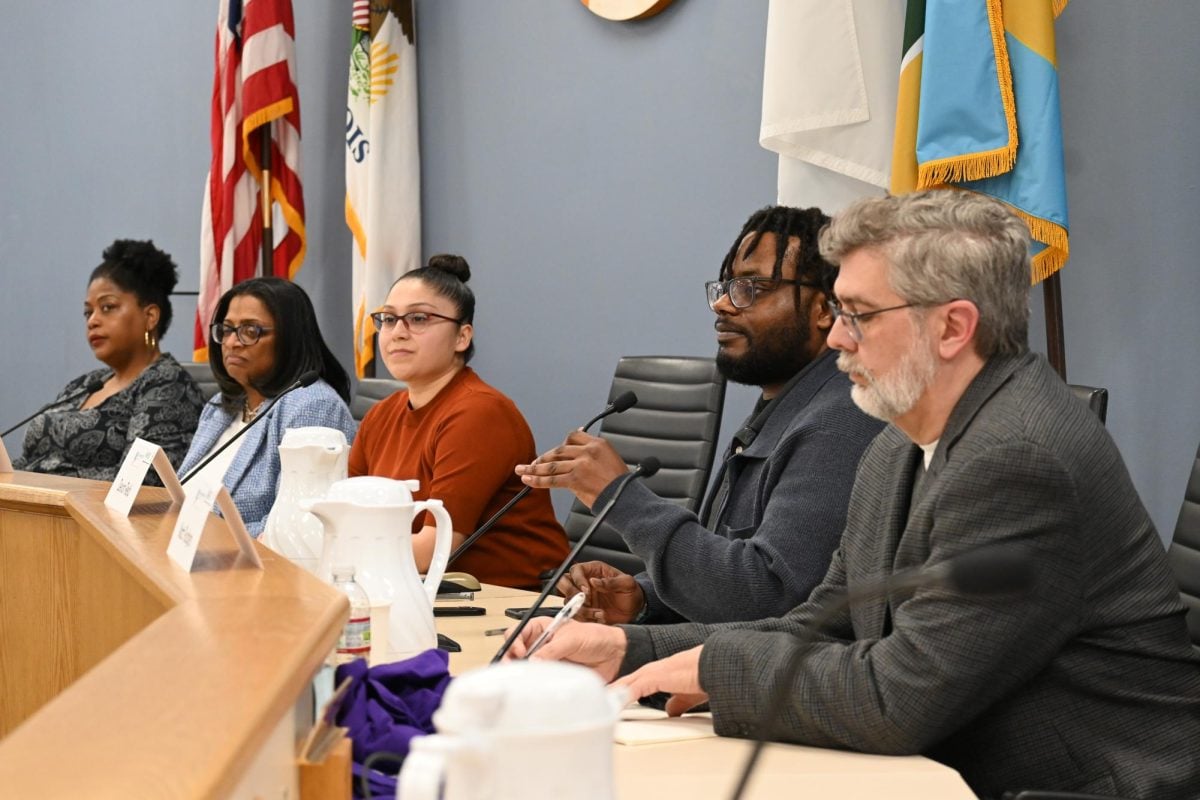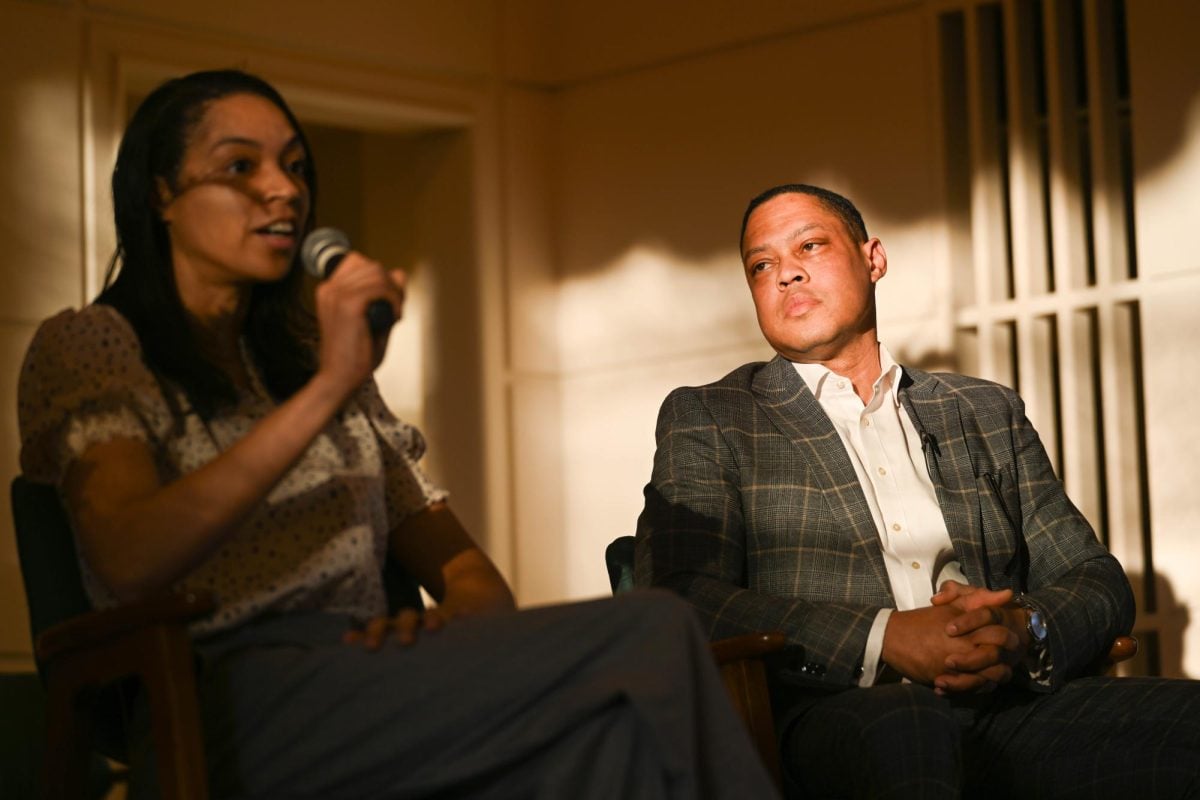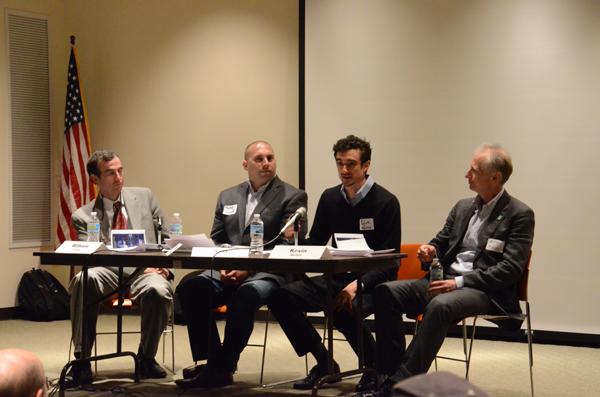
Although young college graduates are flocking to large cities, Evanston businesses are putting up a fight to keep them in the suburbs, a top official from the Federal Reserve Bank of Chicago said Wednesday.
Speaking to a crowd of more than 50 people, William Testa (WCAS ‘75), vice president of the Chicago Fed, talked about how Evanston’s economic development succeeds despite recent migration from suburbs to cities. He spoke Wednesday at the Rotary International headquarters, 1560 Sherman Ave., and later joined three local business owners in a panel discussion.
Testa used urbanist Alan Ehrenhalt’s book “The Great Inversion and the Future of the American City” to discuss three factors leading to population growth and job creation in city centers: technology, globalization and a fondness for urban life and amenities.
Chicago experienced a loss of 200,000 people in the past 10 years but saw an increase of 48,000 residents in The Loop, according to the U.S. Census Bureau. However, Testa said Evanston can compete with the booming downtown Chicago business district. While population density in The Loop increased with the influx of people, Evanston maintained a steady population density during the past decade, which Testa said makes for a healthy economy.
“Evanston is a very special place,” Testa said. “It’s a place where you can have the opportunity to be a job center … and where people want to live at the same time.”
The panelists discussed factors that bring people jobs such as technology, education and public transportation.
Evanston’s walkable streets and beachfront led software company sales-i, based in the United Kingdom, to add its first American location in the city, co-founder Kevin McGirl said.
“It’s not all strip malls,” he said. “You can sell it as a fun place to work.”
Although panelists mentioned many advantages of relocating their businesses to Evanston, they also offered ways the city can improve its economic development. For example, people commuting from Chicago find the distance to be too far to work in Evanston, said Brad Morehead, president of Evanston-based LiveWatch Security.
“It’s getting people who haven’t been to Evanston on a consistent basis to just say ‘I’ll try,'” he said. “I know it sounds ridiculous … It’s just about transit. People think we’re too far away, like we’re Wisconsin up here.”
Testa said despite changing economic climates, Chicago and Evanston both compete in the global economy.
“We’re still very much the business capital of the Midwest,” he said. “We have one footprint in the Midwest … and the other in the national economy and global revolution.”

